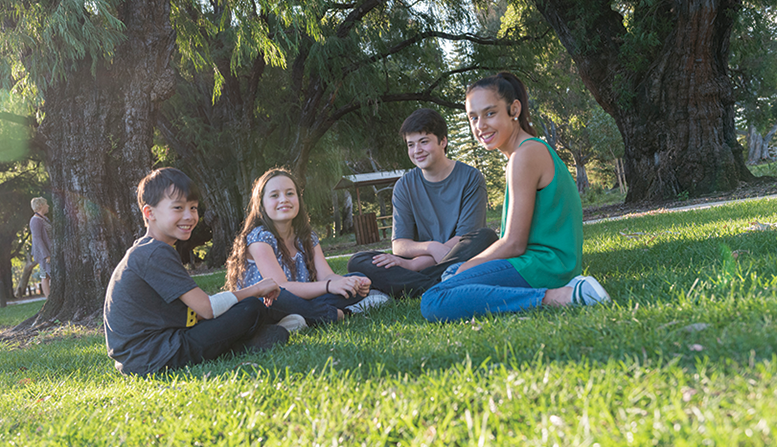Search
Research
CyberbullyingCyberbullying is a form of online harassment, where the bullying is carried out through the use of modern technology.
Research
Borderline Personality Disorder and Peers: A Scoping Review of Friendship, Victimization and Aggression StudiesBorderline personality disorder (BPD) is characterized by instability in interpersonal relationships. To date no reviews have scoped the extant research on peer relationship functioning for young people diagnosed with BPD or showing borderline personality features. The current review provides this scoping of studies on all facets of peer relationships, including friendship quality, peer victimization and bullying and peer aggression, and relevant studies of social–cognitive processes with relevance to peer relationships. From 282 studies identified up to August 2019, 39 studies were included for review.
Research
Adolescent education outcomes and maltreatment: The role of pre-existing adversity, level of child protection involvement, and school attendanceMaltreated children are at high risk for low educational achievement, however few studies have accounted for confounding risk factors that commonly co-occur (including child, family and neighbourhood risk factors) and results have been mixed, particularly for adolescents.


News & Events
Young ambassadors keep researchers on their toesFlat out trying hard to keep up with the ever-changing threats from cyberbullying, The Kids Research Institute Australia counts itself fortunate to have youth on its side.

News & Events
My child is bullying others, what should I do?Most children are capable of bullying behaviour at some time, and it’s our job as parents to discourage this behaviour as soon as it appears.
Research
Norm Misperception and Witnessing Bullying: The Role of Individual and Contextual CharacteristicsPrevious studies have shown that when young people witness bullying, perceived social norms of their peer group affect their behavior. However, few studies have examined the specificity of norm misperception (i.e., overestimation of peer antisocial responses and the underestimation of prosocial responses relative to the objective group norm) on specific witness responses (joining in, bystanding or active defending).
Research
School physical design and its relation to bullying and student well-beingThe school environment profoundly influences children's development, behaviours, and attitudes. This chapter delves into the relationship between school design and architecture, and their impact on bullying, victimisation, inclusivity, and student well-being. Research underscores the significant impact of school design on student social dynamics, advocating for collaborative efforts among stakeholders to craft effective anti-bullying policies.
Research
Pathways of Socioeconomic Disadvantage and Peer Bullying in Children and Youth: A Scoping ReviewGrowing up in socioeconomic disadvantage increases risk of peer bullying at school. Both socioeconomic status and involvement in bullying are predictive of a range of adverse developmental outcomes. However, neither (a) the mechanisms whereby disadvantage increases bullying risk nor (b) the developmental outcomes for which bullying may mediate disadvantage are clear.
Research
Strategies for coping and dealing with lateral violence among Aboriginal people living in south-east AustraliaLateral violence, a group of behaviours directed towards people of the same group, is considered endemic among Aboriginal people. Behaviours include bullying, gossiping, isolation or exclusion of certain group members, and challenges to one’s Aboriginal identity. Lateral violence impacts all aspects of one’s life. Due to its pervasiveness, this qualitative study investigated strategies employed by Aboriginal people to deal with lateral violence.
